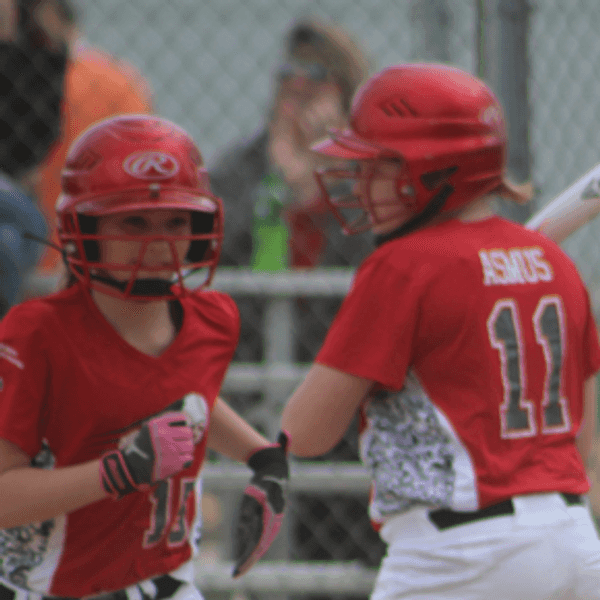"Abstinence-only" is a high school sexual education curriculum which focuses on the consequences of premarital sex, and emphasizes that the only acceptable form of sexuality is between one married man and woman. The teachings of such programs ignore discussion around birth control, condoms, sexual health and identity; Some programs encourage that only negative information about sex and sexuality may be distributed. Many people support abstinence-only education because they believe that abstinence is the only way of preventing pregnancy and that teaching teens about sexual health sends them the message the message that is acceptable for them to have sex.
Supporters of an abstinence-only approach to sexual feel that abstinent teens are more healthy than their sexually-active counterparts. Supporters often point to “studies” that suggest:
Abstinent teens report, on average, better psychological well-being and higher educational attainment than those who are sexually active. Delaying the initiation of or reducing early sexual activity among teens can decrease their overall exposure to risks of unwed childbearing, STDs, and psycho-emotional harm (Rector).
According to these reports, abstinent teens are superior to sexually active teens, which consequently is the exact reasoning for the justification for abstinence-only programs being taught in schools. Sadly, such studies are untruthful and unfounded. As a matter of fact, an actual study from Johns Hopkins University discovered very little differences in the health of teens who were taught abstinence-only education and those who took part in comprehensive sex education courses. The only variation between the two groups of students was that the abstinence-only groups were less likely to use contraception and had an overall negative and inaccurate view of sex (Roffman). Clearly, the claim that abstinent teenagers are more healthy than sexually-active teens is invalid because there is no sufficient scientific evidence proving this view.
Likewise, allies of abstinence programs believe abstinence-only sex education is beneficial to society because they feel teen sexuality is “costly.” This belief is clear in the article “Abstinence Education Programs Are Effective”, where it states:
Teen sexual activity is costly, not just for teens, but also for society. Teens who engage in sexual activity risk a host of negative outcomes including STD infection, emotional and psychological harm, lower educational attainment, and out-of-wedlock childbearing (Rector).
This claim is valid, considering having sex obviously puts one at risk for pregnancy and STD transmission. However, the claim that abstinence education will actually prevent teens from having sex is not the case. In fact, the opposite is true:
From the 1960s through 1990, increasing involvement in sexual activity by teenagers in Western Europe and the United States was accompanied by sharply lower teen birth and pregnancy rates in most countries, due to greatly improved contraceptive use. Today, better use of contraceptives is the major behavioral difference between European and U.S. teenagers (“New York Court of Appeals Strikes Down Condom Distribution Program as Unconstitutional”).
That said, the opposing claim that abstinence programs are better for society is false because such programs ignore all discussion around contraception, which is proven to drive down teen pregnancy rates, and that in turn benefits society. Furthermore, the rate of STD transmission in teenagers are the same, no matter what education they received (Beh & Milton).
While some believe abstinence-only sex education should be taught in schools because these programs produce healthier teens and benefit society, there is overwhelmingly more evidence which proves that these programs are completely ineffective when it comes to preventing teen pregnancy, and discouraging teenagers from having sex, and that the nature of such programs is fear-based and prejudiced. In conclusion, abstinence-only education is a far cry from real sexual education, but a relic from the sexually-oppressed and misguided history of America.



















